Subclass is the generic name for the archetypes given to each class in Baldur’s Gate 3. These subclasses are chosen at a point between levels one and three, depending on which class is chosen. They provide between two and four extra class abilities, slotted in at very specific levels in a class’s framework.
Subclasses in BG3 are the cherries on top, providing offensive, defensive, or utility boosts to each class’s basic framework. Knowing what each subclass does is critical to your decision process since BG3 doesn’t tell you too much information about them outside of their basic description and the first ability they offer. That’s where we’ll come in.
The best subclass for each BG3 class
Baldur’s Gate 3 works on a class-based system where every character follows a specific framework. The 12 classes come with 46 subclasses, each with a few basic but crucial decisions that you are asked to make partway through early character development.
While it isn’t too difficult to see the best subclass for each class in BG3, we will warn beforehand: Some subclasses work better in different parties. For instance, one party might prefer a Life Cleric for support spellcasting while another party needs a War Cleric for frontline damage dealing. This guide will touch upon each subclass briefly to ensure you know what you’re getting into when you select it.
Best Barbarian Subclasses
Wildheart Subclass
The Wildheart Subclass is the best Barbarian subclass, unlocked at level three. Wildheart lets you slot into many different utility and defensive roles on the battlefield, including the incredible Bear Heart, which gives you resistance to almost every damage type in the game. The animal aspects of the Wildheart can let you access strange offensive capabilities, free rages, and more, turning your Barbarian into a party combo machine.
Berserker Subclass
Berserker Subclass provides extremely high damage during your Rages through bonus action attacks and, over time, allows you to freely debuff enemies. It’s far from bad, but while many different classes can do high melee damage by swinging, not many can do that while being resistant to all damage—except Psychic.
Wild Magic Subclass
Wild Magic is an absolutely hilarious path that provides a huge amount of randomization when you start a rage. These wild effects go from buffing all weapons in range with a guaranteed crit to just blowing up. Later on, it gets some great buffs for magic users, such as restoring spellslots. But the chance to buff enemies when you start a rage makes this too unreliable and unpredictable to be our top choice. If you’re messing around with friends or wanting to cause some chaos, though, it’s not out of the question.
Best Bard Subclasses
College of Valor Subclass
The Bard’s best subclass is almost certainly College of Valor. Valor provides the Bard with the ability to turn Bardic Inspiration into defensive rolls or damage-increasing dice while providing Extra Attack at level six. Turning Bard from an out-of-combat machine to a legitimately terrifying combat buffer, Valor cannot be underestimated.
Lore Subclass
Lore is probably the second best, as it expands the Bard’s spell slots to include many, many different spell lists. Magical Secrets are incredibly powerful, and Cutting Words provides an average of minus-four to attack rolls or saving throws on a specific target. The difference between Lore and Valor is quite close and basically revolves around whether you want your Bard to be better in fights or even better outside of them.
Swords Subclass
Swords Bard is a selfish one, allowing you to spend Bardic Inspirations on many different attacks, like the Battle Master’s Maneuvers. While the Bard can never carry combat only by itself, this does unlock many different ways to make it dangerous on the frontlines, such as adding an Inspiration dice to AC or damage. It also gets Extra Attack, which is nice.
Best Cleric Subclasses
Life Cleric Subclass
The Cleric is one of the few classes in the game with more than three subclasses, making pinning down a single “best” option tricky. But most parties will appreciate a Life Cleric helping them out. Life Clerics heal additional HP with each spell, turning Healing Word into a viable healing nuke. They also get very early access to area-of-effect healing, which can turn fights around in emergencies. Life Cleric is by far the most boring one, but it does the Cleric’s job beautifully.
Light Subclass
The Light subclass gains defensive powers in Warding Flare but also gains access to very offensive spells, such as Fireball and Scorching Ray.
Trickery Subclass
The Trickery subclass is a high-utility domain with many different spells that lock enemies down and provide out-of-combat distraction. Most likely the weakest of the domains.
Knowledge Subclass
The Knowledge subclass gives the cleric fantastic out-of-combat skills, a high amount of utility, and a great spell list of strange debuffs.
Nature Subclass
The Nature subclass is also a little weak but gives the Cleric access to Druidic magic, such as Speak with Animals and Shillelagh, as well as spells like Spike Growth and Sleet Storm for classic area denial.
Tempest Subclass
The Tempest subclass is a highly aggressive Cleric domain with access to many different thunder and lightning spells, the ability to boost those spells, and reactions to deal damage to those that dare harm you.
War Subclass
The War subclass is a weapon-focused domain that can give itself a +10 to hit by channeling divinity. It can also swing additional times as a bonus action and eventually give that +10 to an ally, making it great for parties with a Paladin in them.
Best Druid Subclasses
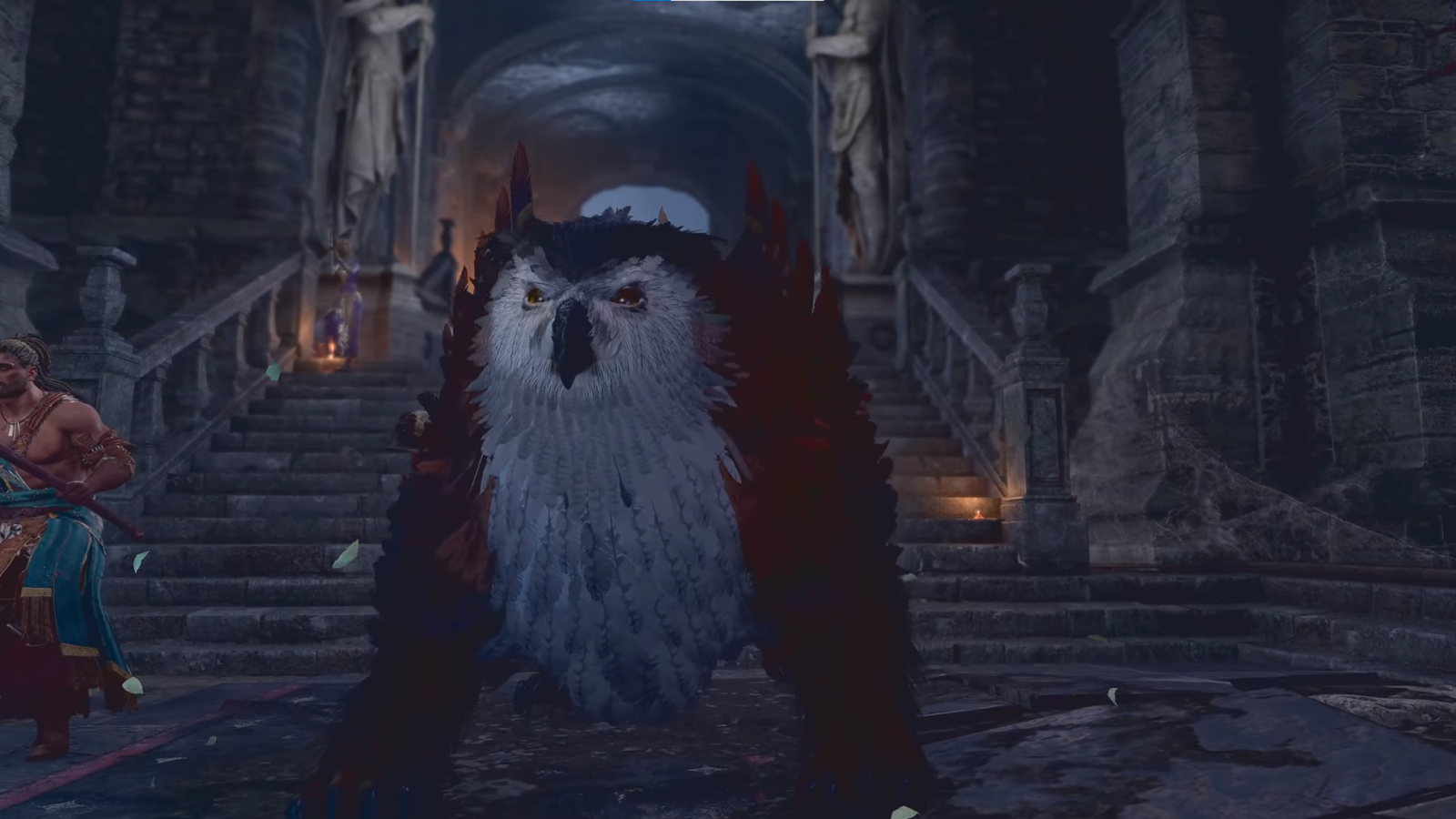
Circle of the Moon Subclass
For Druids, few things can beat the Circle of the Moon. The buffs to Wild Shape include being able to do it as a bonus action and heal during it, causing the Druid to become unimaginably tanky. Throw in early access to flight and magical unarmed attacks, and you have a truly unique character.
Circle of the Land Subclass
Circle of the Land provides excellent spell coverage and the ability for Druids to regain spell slots, like a Wizard.
Circle of the Spores Subclass
The Circle of the Spores turns Wild Shape into a buff that simply improves your durability and damage with weapons you wield. It then can begin summoning or sending your natural spore aura to deal damage from afar.
Neither of these classes can match the sheer durability that the Moon Circle provides, however.
Best Fighter Subclasses
Battle Master Subclass
For a pure Fighter build, we can’t recommend Battle Master enough. Battle Master gains access to the Maneuver system, allowing the Fighter to control fights much easier with buffs for allies, debuffs for enemies, and the ability to apply devastating debuffs.
Champion Subclass
But the Champion is a fantastic choice for a fighter who plans on multiclassing. The early critical hit buffs are good for damage and Remarkable Athlete gives you bonuses on physical things, including Initiative.
Eldritch Knight Subclass
Eldritch Knight gives the Fighter a few levels of spellcasting, allowing for simple multiclasses into Wizard as well as some basic utility, like Mage Hand, and great defensive options, like Shield.
Best Monk Subclasses
Way of the Open Hand Subclass
The Way of the Open Hand is slightly too much damage and utility for a combat-centric Monk. The debuffs it adds to Flurry of Blows include prone and unable to react, and it later adds a lot of additional damage with the Manifestation and Resonation features. It even gets a small amount of healing.
Way of Shadow Subclass
The Way of Shadow provides many different ways to spend Ki while keeping quiet, such as casting Darkness, Pass without Trace, or Darkvision. It also gets to teleport, go invisible, and, eventually, do a devastating sneak attack.
Way of the Four Elements Subclass
The Way of the Four Elements allows the monk to cast several spells, like Scorching Ray or Hold Person, by spending Ki points. These excellent ways to spend Ki, while neat, aren’t always better than Stunning Fist, and the Monk is already fairly stealthy without dedicating their most important resource to it.
Best Paladin Subclasses
Oath of the Ancients Subclass
For Paladins, the Oath of the Ancients is our pick. Oath of the Ancients is a support option that can lock down foes, heal allies, and gain some utility from many different spell lists, like Ensnaring Strike, Misty Step, and Moonbeam. At level seven, it gains the ability to halve spell damage for itself and all allies near it, making it exceptionally tanky against endgame enemies.
Oath of Devotion Subclass
Oath of Devotion is a supportive oath that can buff their chance to hit, cast several highly defensive spells, and give an aura that prevents the Charm effect on allies. By expending resources, the
Vengeance Paladin Subclass
Vengeance Paladin can gain advantage on attacks against targets, boosting damage significantly with Divine Smite. They get some exceptional debuffs, like Hold Person, and buffs, like Haste, to help them chase down their target.
These archetypes are all similar in power level, and we can easily see Vengeance or Oathbreaker taking the place of a damage-dealing Paladin. But, for the role of the frontline tank, Ancients has a lot of merit.
Oathbreaker Paladin Subclass
Oathbreaker Paladins deal high damage through a damage-over-time effect, several damage-dealing and debuff spells, and the aura of hate, which boosts melee damage by two.
Best Ranger Subclasses
Beast Master Subclass
For the Ranger, Beast Master is the archetype to beat. Gaining an ally in the fight, the Ranger’s companion can do many different roles, like tank, deal damage, or even debuff. We recommend the Giant Spider for its advantageous debuffs.
Hunter Subclass
Hunter provides multiple aggressive and defensive choices—the most notable one being Colossus Slayer, which boosts weapon damage by 1d8 against damaged targets—as well as the endgame ability to do area-of-effect attacks with weapons.
Gloom Stalker Subclass
Gloom Stalker specializes in stealth, and the first turn of a fight, gaining bonuses to initiative, more damage during the first round, and proficiency in Wisdom and Intelligence saves.
We found Hunter to be best for a multiclass Ranger. Gloom Stalker isn’t terrible by any means but gets its small utility bonuses edged out by Hunter’s consistent damage and, well, bringing a fifth party member to every fight.
Best Rogue Subclasses
Assassin Subclass
For the Rogue, we recommend the Assassin. The Assassin is allowed to ambush by attacking outside of combat while keeping their action and bonus action for their first turn. In addition, they have advantage to attack people who roll lower than them and the hilarious action to Disguise themselves at level nine.
The Thief Subclass
The Thief’s incredibly powerful Fast Hands feature works best for a multiclass build with classes that love bonus actions, but it still has great utility with level nine’s Supreme Sneak, letting them move very quickly. Arcane Trickster gives Rogue a small amount of spells, though they are extremely limited.
Best Sorcerer Subclasses
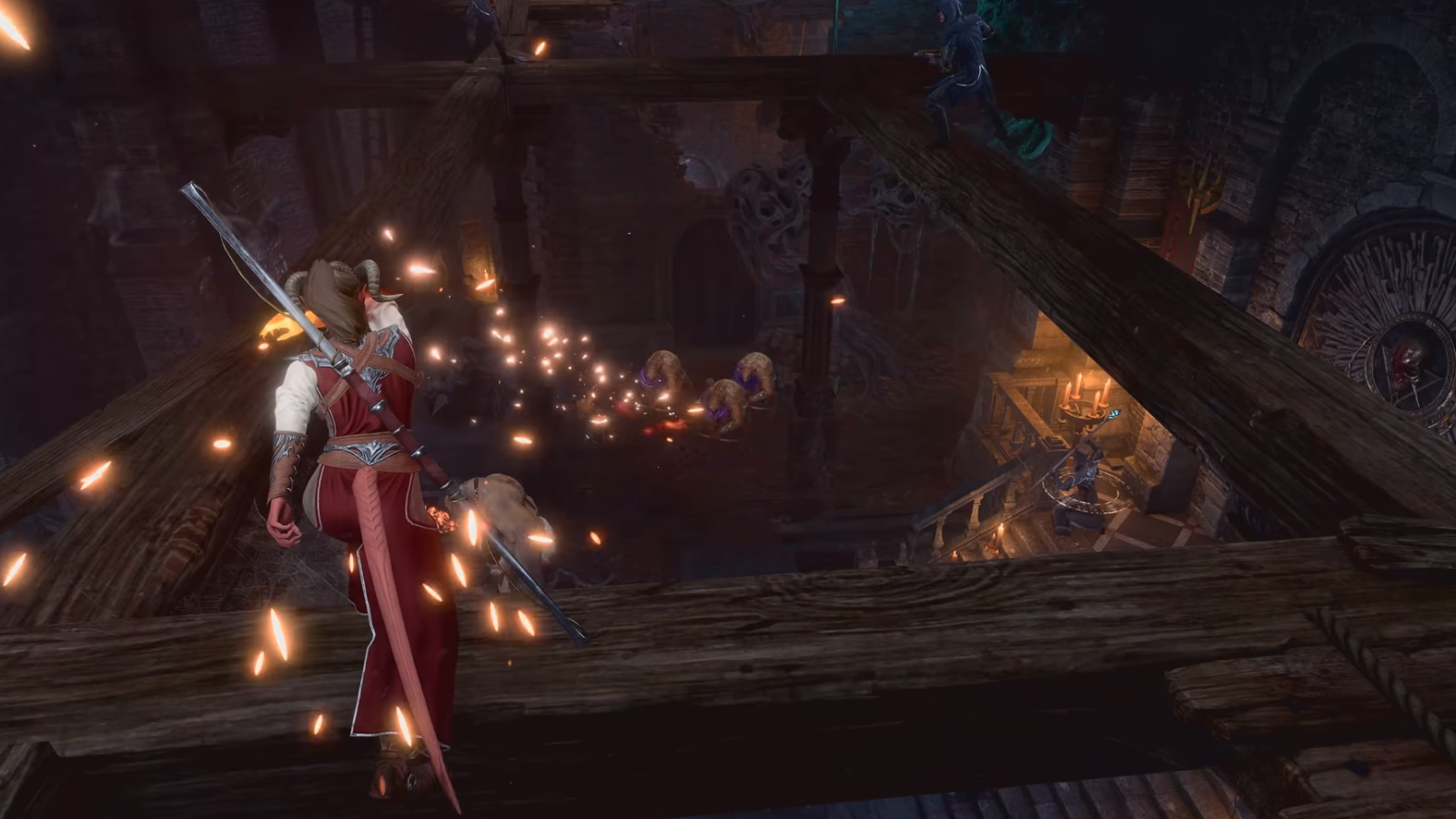
Draconic Bloodline Subclass
Out of all of the sorcerers, the Draconic Bloodline is our favorite. Extra durability, the ability to deal extra Fire or Lightning damage by selecting the related dragon, and the ability to eventually permanently fly? Sign me up.
Storm Sorcery Subclass
Storm Sorcery is a great multiclass option, letting you briefly fly after casting a spell and gaining some close-range defensive abilities.
Wild Magic Subclass
Wild Magic uses the risk of wild magic events to give you incredibly strong abilities, such as advantage on any d20 roll and antimagic disruption.
Just make sure to pick the right Sorcerer spells for the job.
Best Warlock Subclasses
Fiend Subclass
Giving yourself into the Fiend is a very standard and solid idea for any enterprising Warlock. The Fiend grants temporary hitpoints when you kill a target, allows you to add a d10 to an ability check, and gain resistance to a specific damage type.
Great Old One Subclass
The Great Old One frightens foes who you critically hit, and can cause attacks to take disadvantage to hit them and counter psychic damage.
The Archfey Subclass
The Archfey lets the Warlock charm foes, teleport away, and gives you immunity to charm.
While all three of these archetypes are useful, the Fiend is by far the least situational. You can bet on using its abilities in any fight you participate in rather than just against Psychic damage or those you can charm.
Best Wizard Subclasses
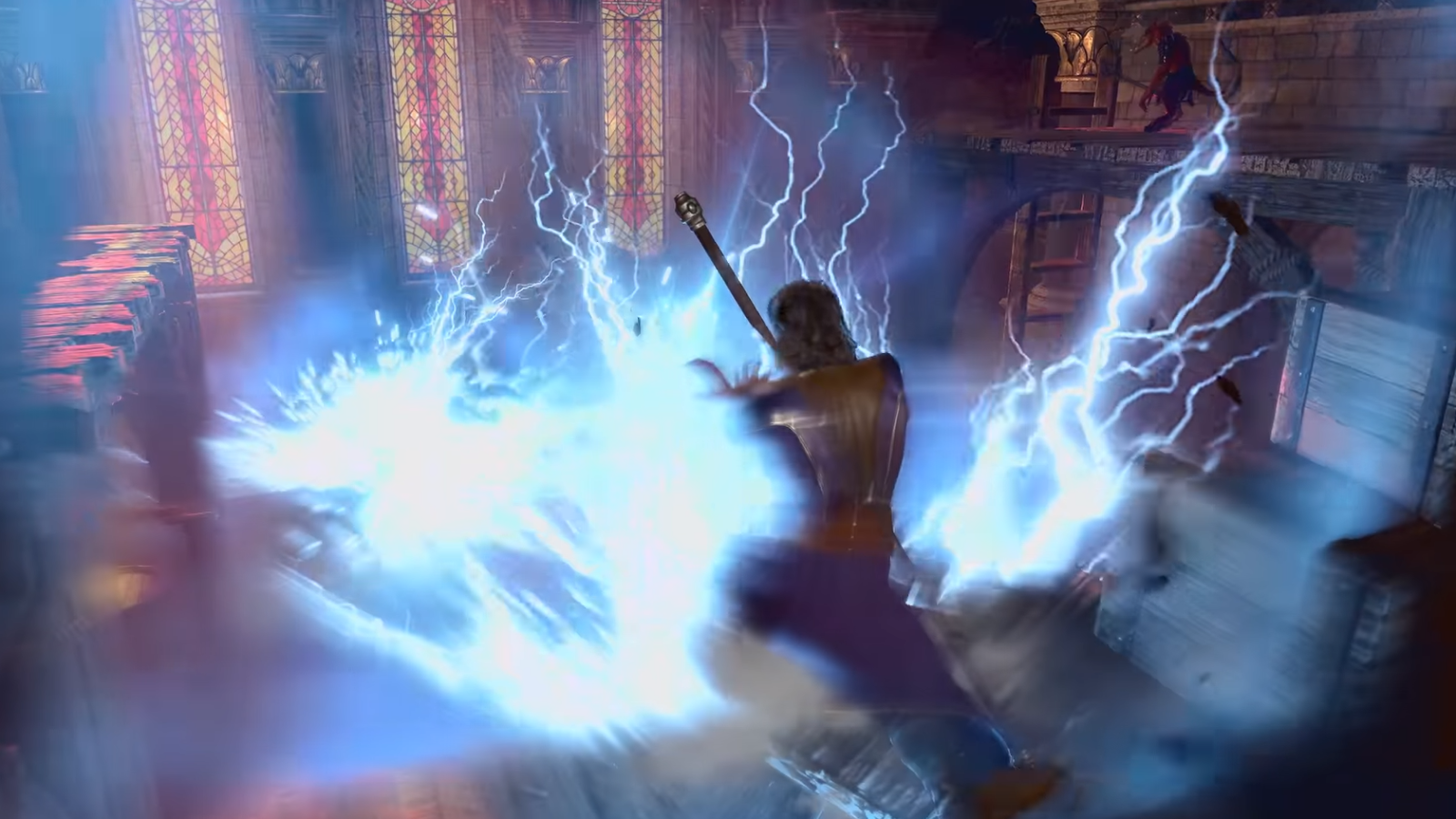
The School Abjuration Subclass
Last but certainly not least, the Wizard comes at us with a staggering eight subclasses. The Abjuration Wizard provides the most generic defensive capabilities, with their Arcane Ward protecting the Wizard’s health and, eventually, the health of the Wizard’s party.
The School Conjuration Subclass
Conjuration gives the Wizard strange utility options, including Create Water and Teleportation.
The School Divination Subclass
Divination provides the incredible Portent buff, which lets them change the rolls of nearby d20s.
The School Enchantment Subclass
Enchantment gives several charm options, including the ability to cast an enchantment at two targets for the endgame.
The School Evocation Subclass
Evocation lets the Wizard protect allies from your own spells, deal half damage with missed cantrips, and add Intelligence to damage.
The School Necromancy Subclass
Necromancy lets the Wizard raise undead allies and heal from kills.
The School Illusion Subclass
Illusion gives several illusion options, such as casting Minor Illusion with a bonus action and the ability to See Invisibility.
The School Transmutation Subclass
Transmutation gives the Wizard extremely efficient alchemy, strange buffs that it can give to one ally, and the ability to shapechange.
If you don’t value Abjuration’s barrier as much as we do, Divination, Necromancy, and Transmutation are all very close. Divination has the weakest spell list, and Necromancy isn’t far behind. Transmutation has a good spell list, but it can be hard to make good use of its subclass abilities.
These are our recommendations for the best subclass for each class in Baldur’s Gate 3, but the flexibility of this excellent RPG offers you many ways to experiment beyond these if you’re so inclined.
Others Asked
What choices does a player have when creating a character in Baldur's Gate 3?
Players can choose their character's race, class, subclass, abilities, proficiencies, and background when creating a character in Baldur's Gate 3.
What is the recommended subclass for Bards in Baldur's Gate 3 and what benefits does it provide?
The recommended subclass for Bards in Baldur's Gate 3 is the College of Valor. It provides benefits such as Medium Armor Proficiency, Shield Proficiency, Martial Weapon Proficiency, and Combat Inspiration, which adds bonuses to allies' Attack Rolls, Ability checks, Armor Class, weapon damage, or Saving Throws. It also grants an Extra Attack at level six.
What benefits do subclasses provide for characters in Baldur's Gate 3?
Subclasses boost a character's offensive, defensive, and utility stats, providing between two and four extra class abilities.



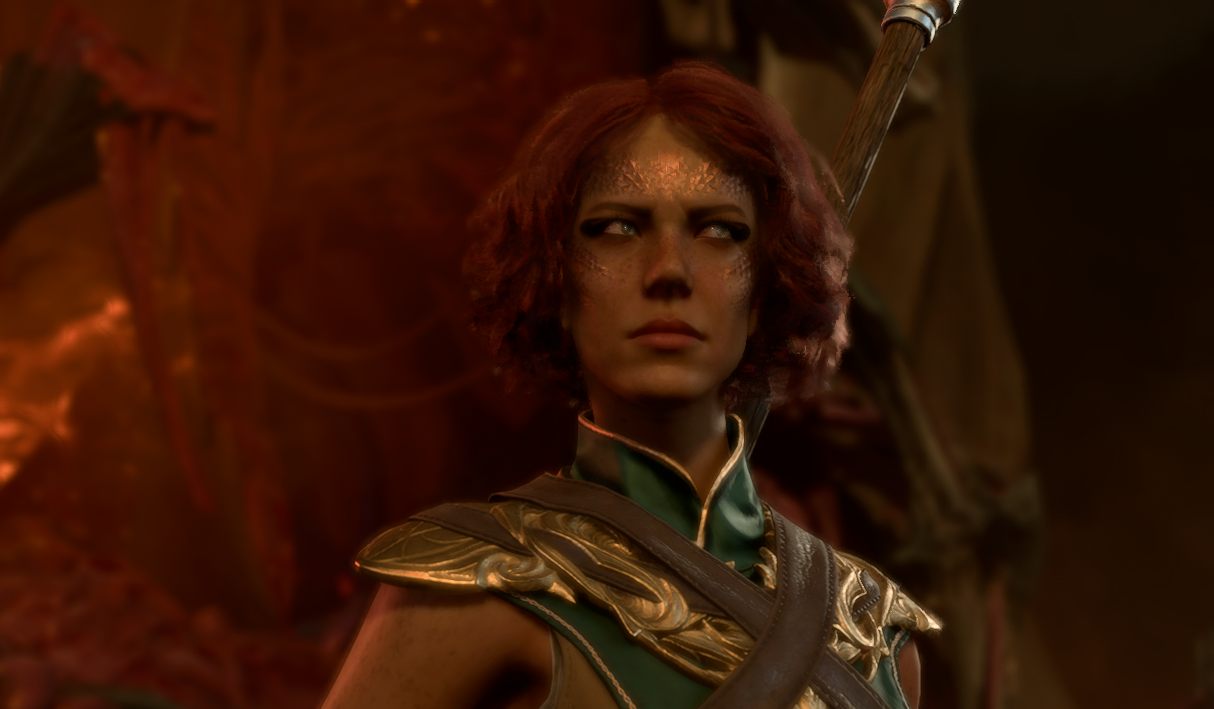
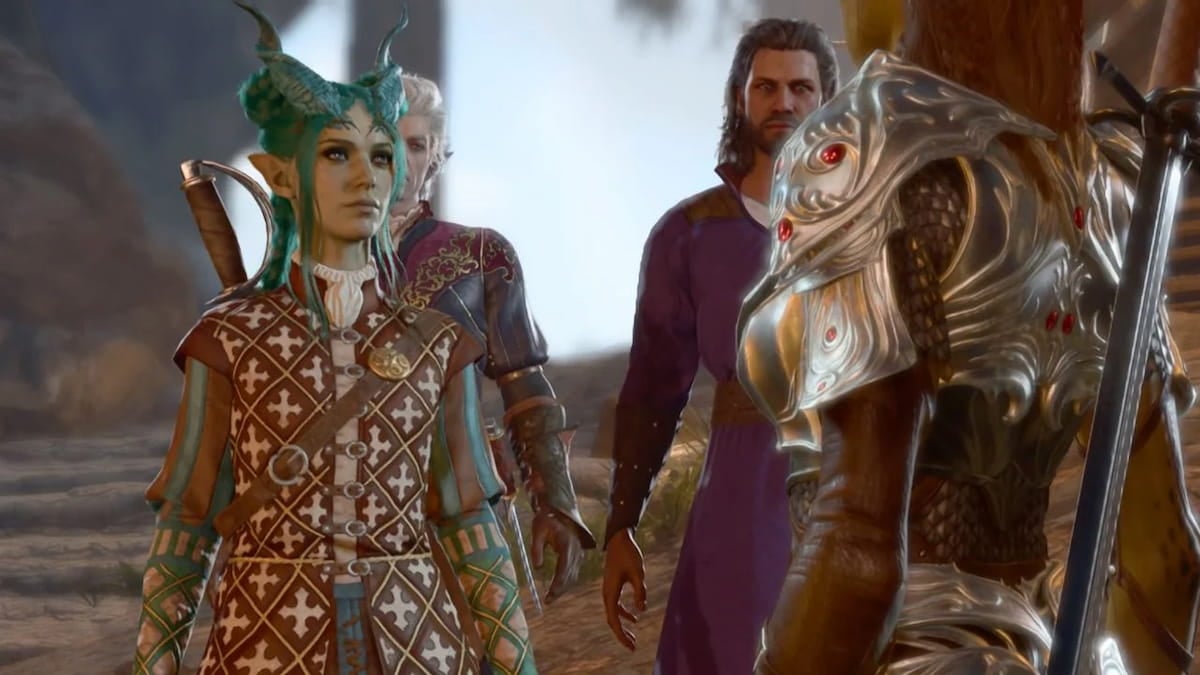
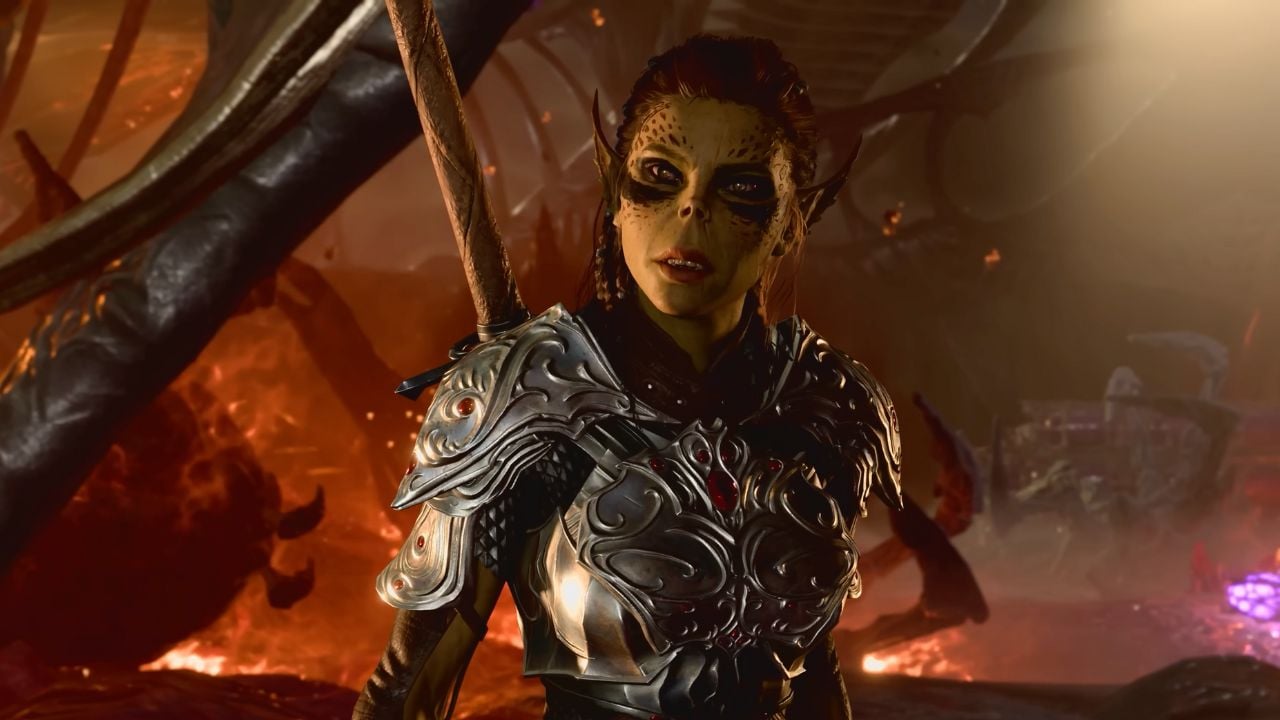
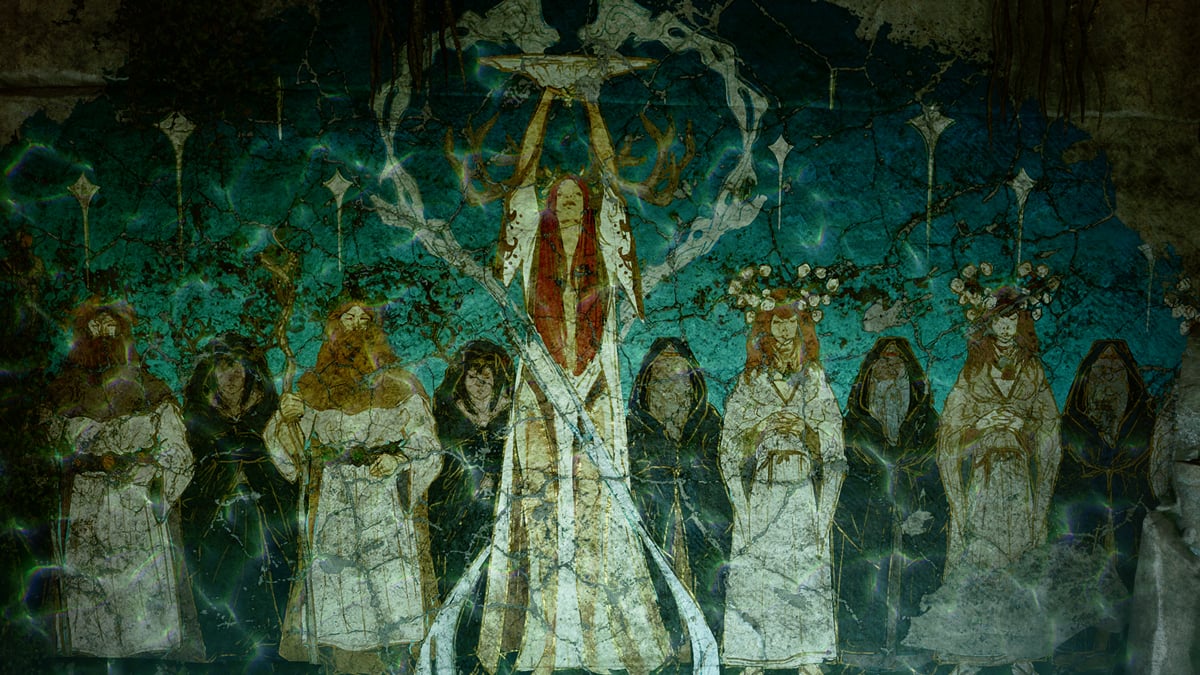
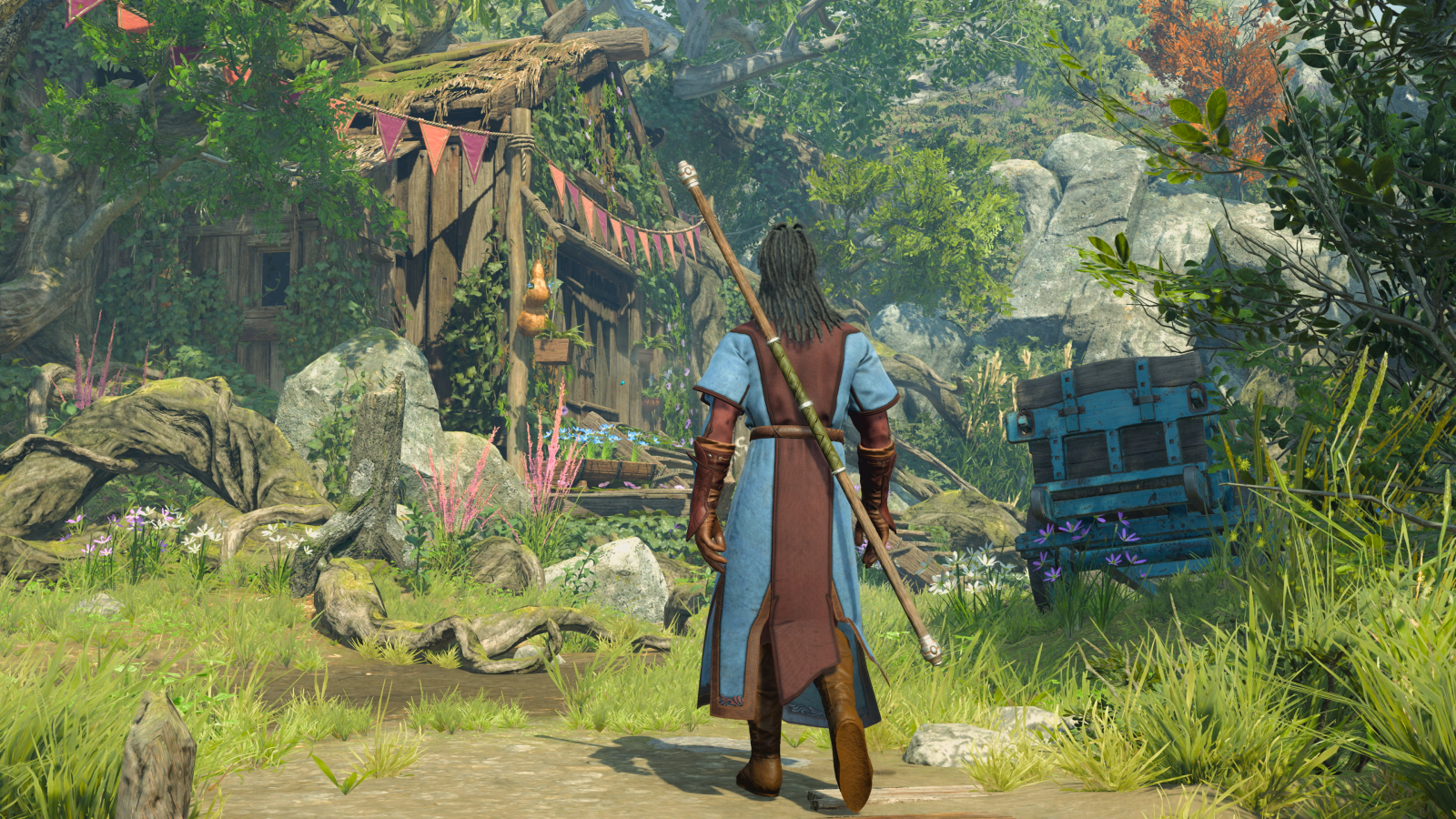

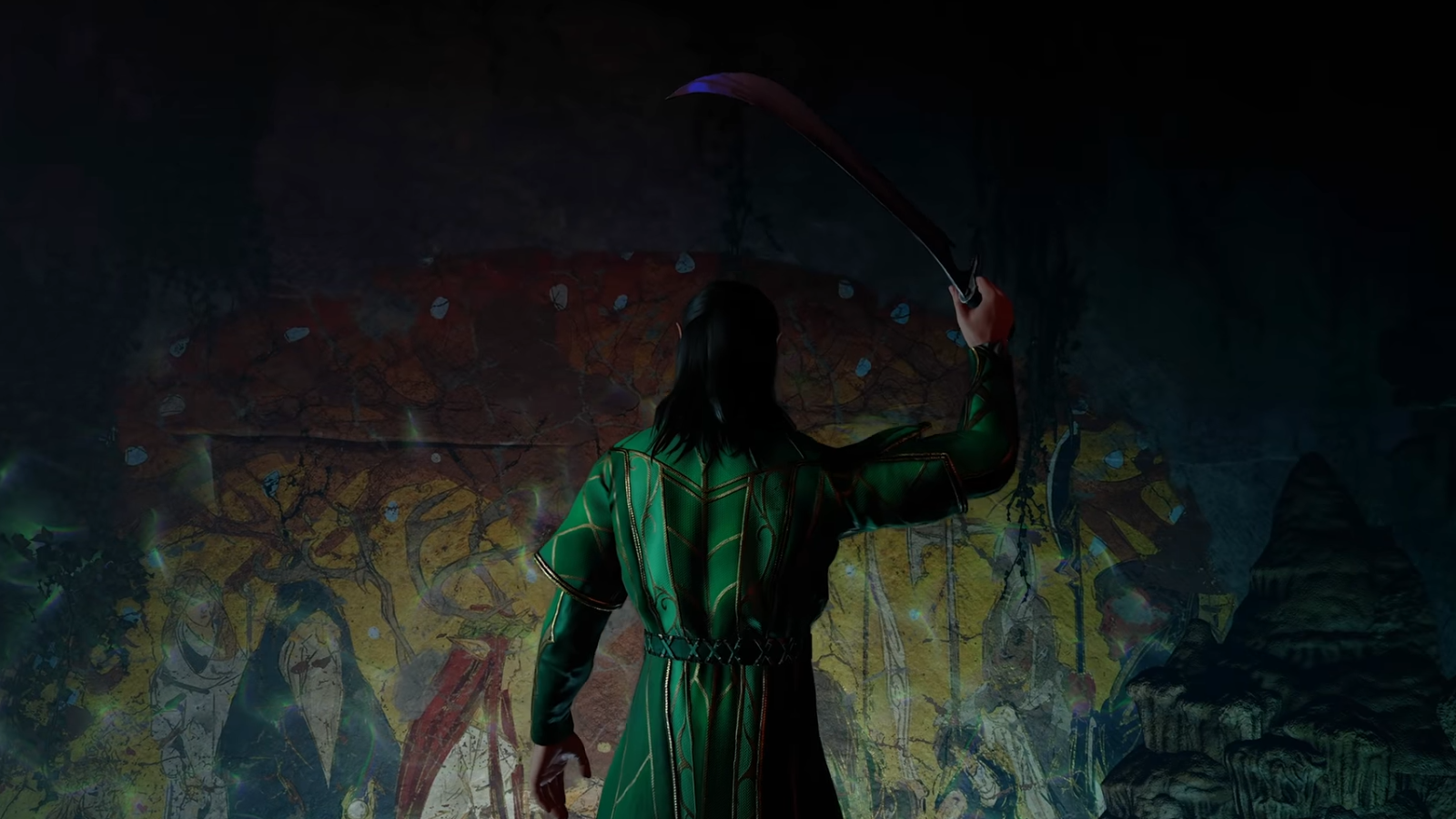

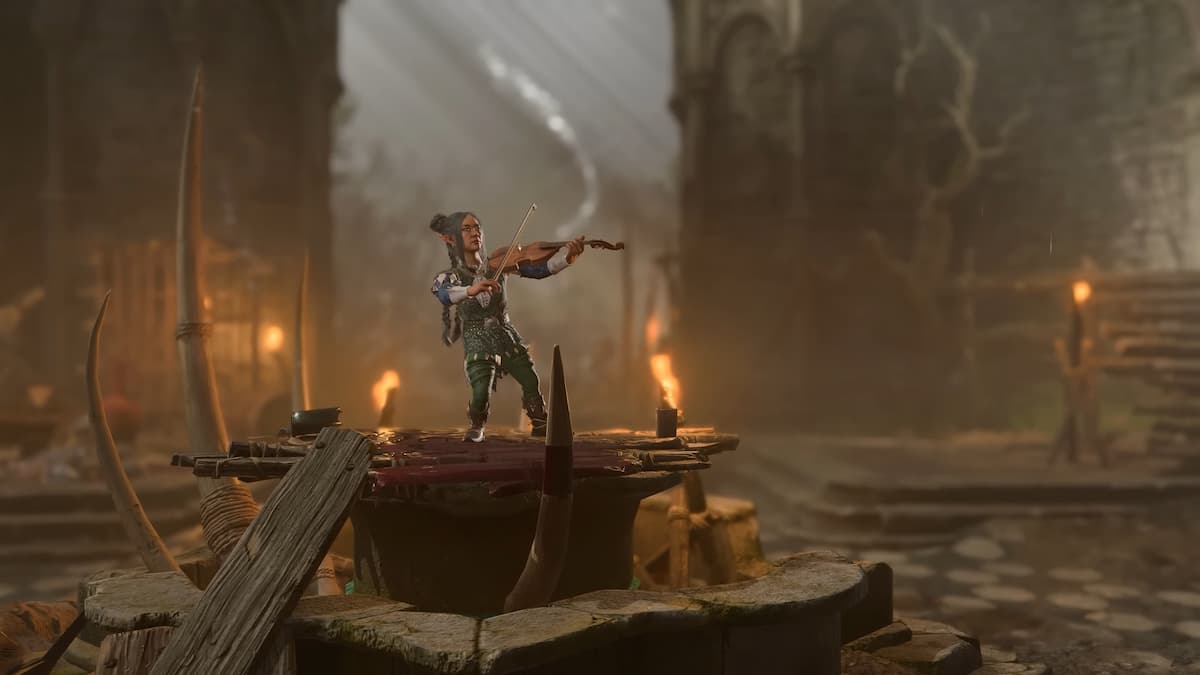
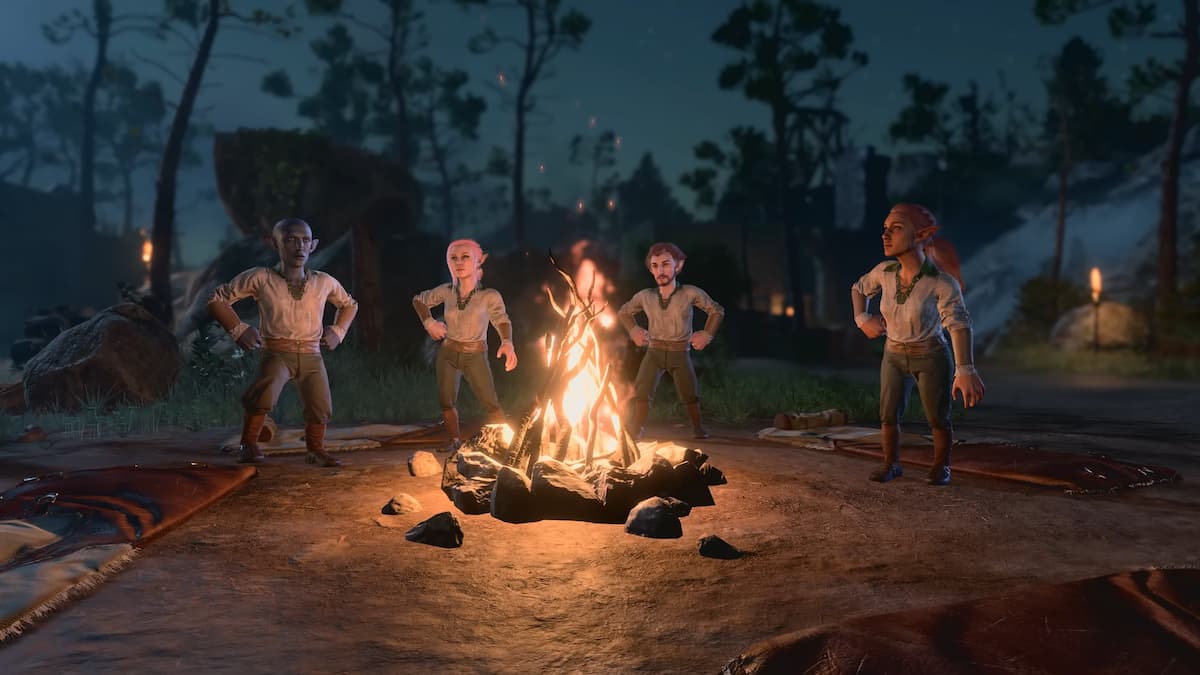
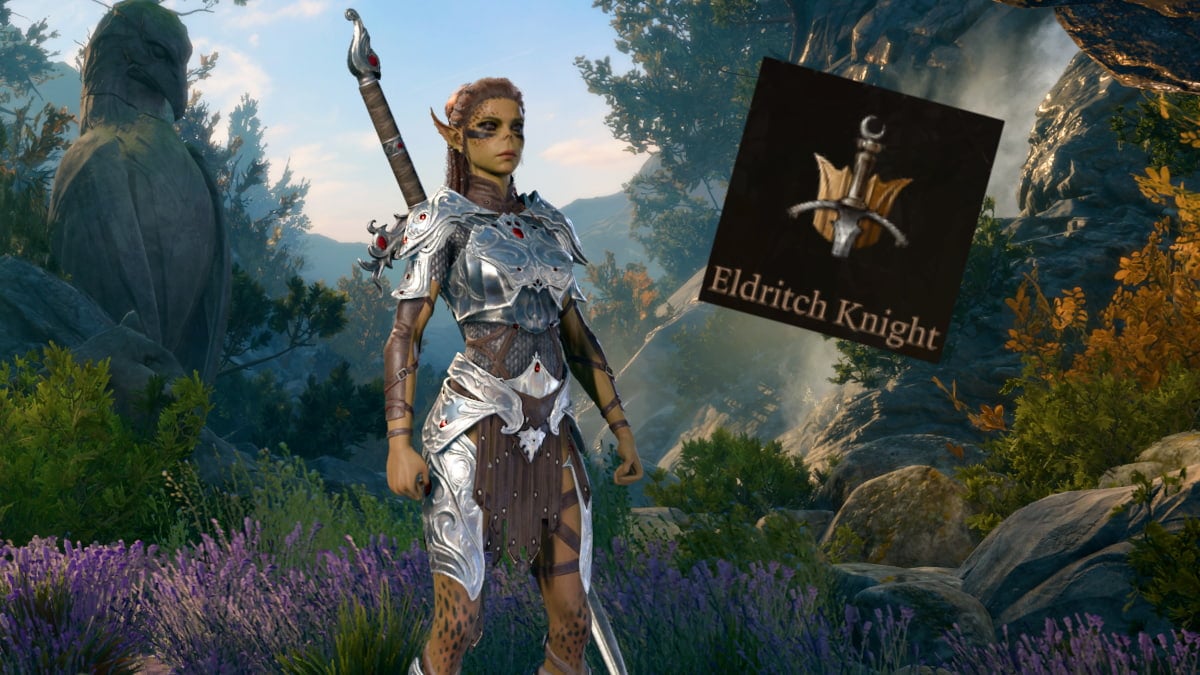


Published: Oct 17, 2023 12:01 pm